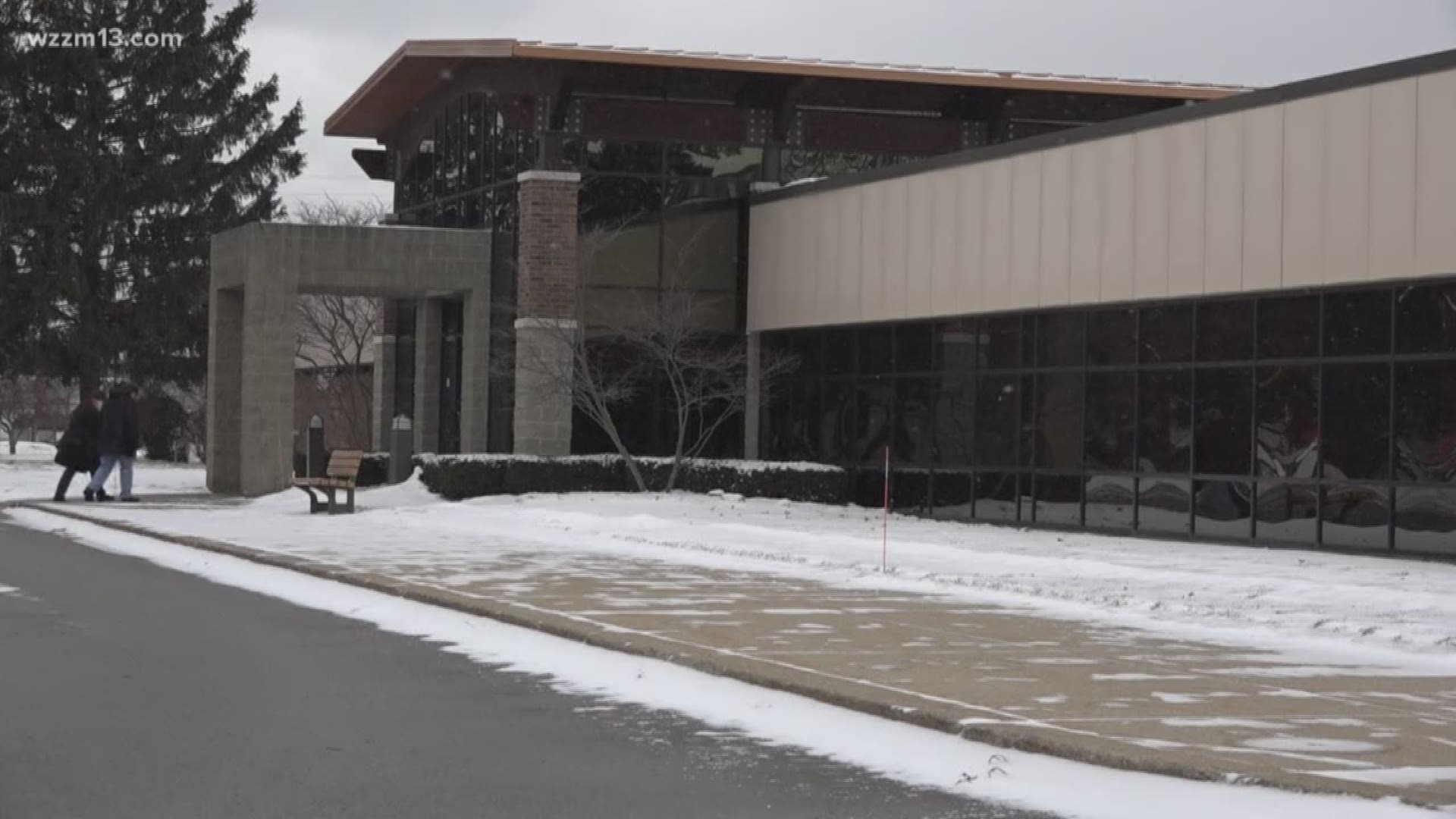HOLLAND, Mich. — The community mental healthy system in Ottawa County saw its client base grow since 2016, but lost revenue for behavioral health services each year, officials said.
“Over the last four years, we’ve lost probably close to $5 million in funding," said Lynne Doyle, executive director of Ottawa County Community Mental Health.
The organization lost around $3.5 million of its Medicaid allotment when it joined Lakeshore Regional Entity, moving from a historical spending model to a per member per month model, Doyle said.
“The next issue has to do with the Medicaid rate setting that Michigan Department of Health and Human Services uses to allocate medicate to each region,” Doyle said. “I would argue the current rates don’t accurately reflect the true need or cost of services.”
Despite losing funding, Ottawa CMH served 4,097 people in 2018, an increase of nearly 600 people over four years, according to its 2018 annual report.
Two divisions that saw significant intake increases were autism and substance abuse disorder services. In the last six months of 2018, an average of 16 families per month requested eligibility tests for autism services compared to a typical 3-7 families, said Ann Heerde, supervisor of family services for CMH.
“We don’t have enough staff to do the supports coordination, which is really that key component to making sure families are getting connected to the appropriate contract services,” Heerde said.
The organization was forced to cut back administrative costs, and some employees were laid off due to the decreased funding. The focus became reorganizing programs to be the most effective and efficient, Doyle said.
"Sometimes it feels like [employees are] covering two people’s jobs at once,” she said. “So it’s definitely added to caseloads and the amount of work that has to be done with less people."
CMH received more than $3 million from a mental health millage in 2018. The organization will also receive an additional $2.5 million dollars in state general fund dollars over the next five years.
However, the money does not supplant Medicaid dollars, Doyle said,
“It’s a combination of really identifying best practices and how we can function optionally, while also making sure that the funding is adequate to funding our needs,” she said. “There’s always room for improvement, but I believe we are pretty efficient right now.”
►Make it easy to keep up to date with more stories like this. Download the 13 ON YOUR SIDE app now.
Have a news tip? Email news@13onyourside.com, visit our Facebook page or Twitter.

